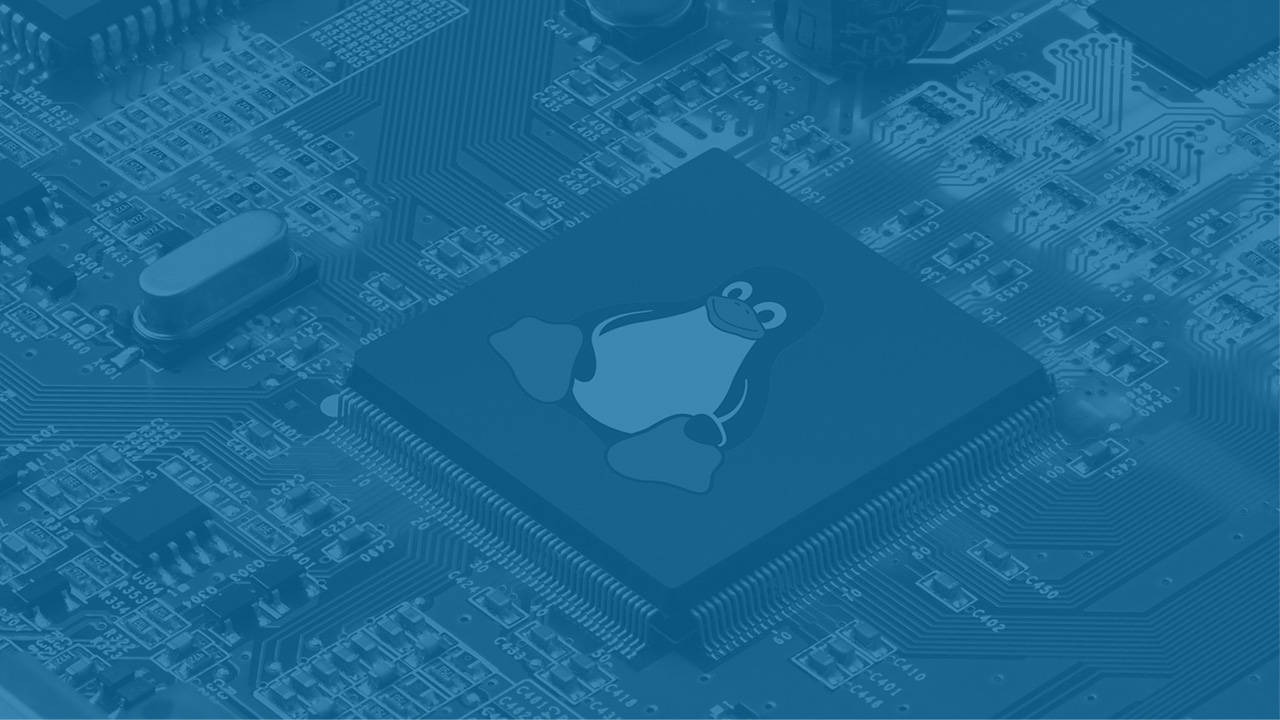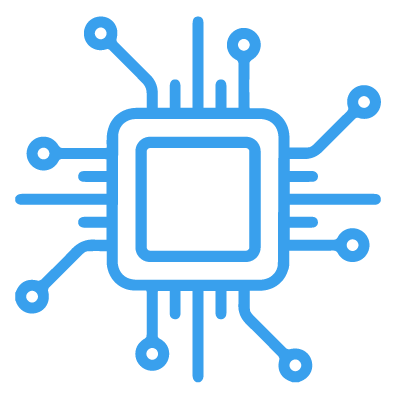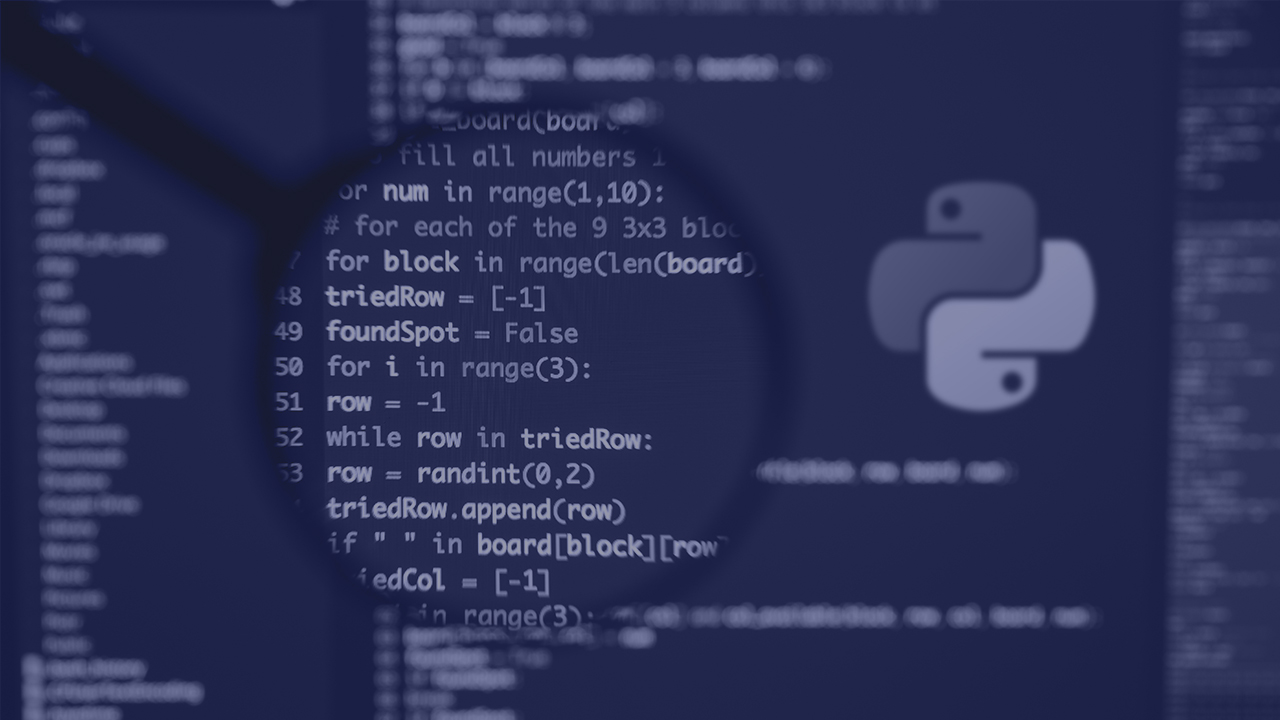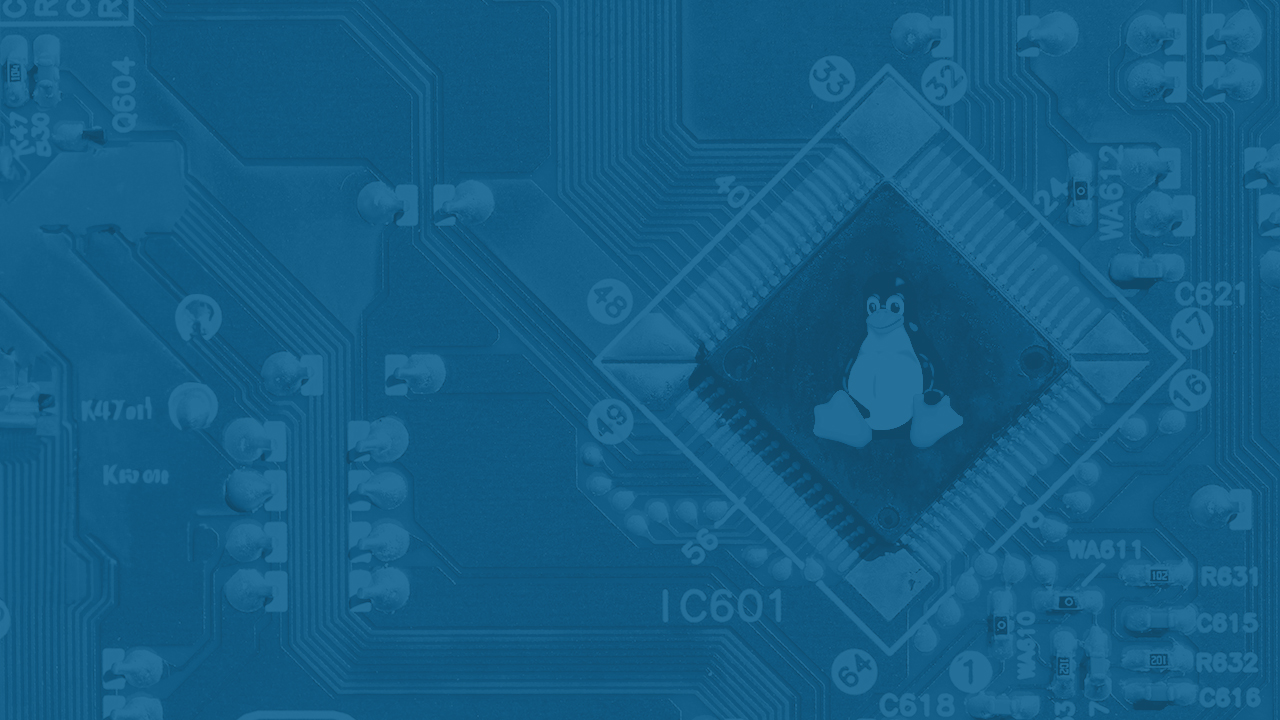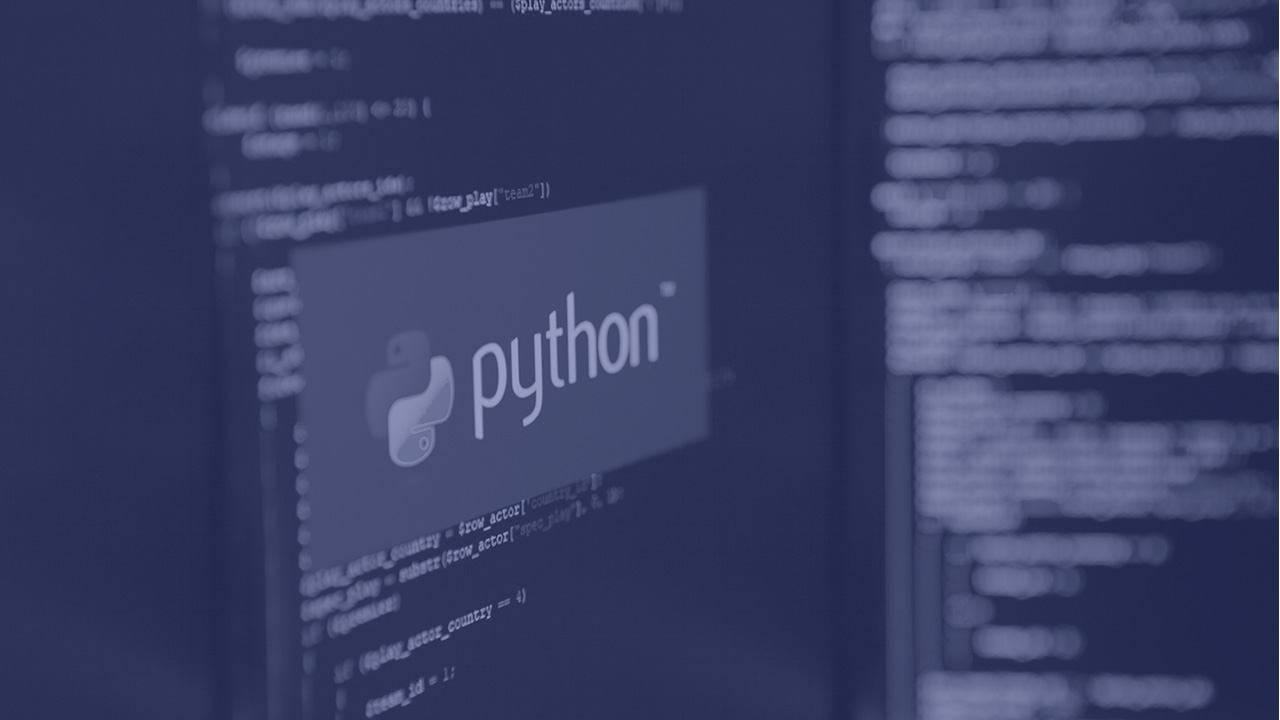Milica Marinković
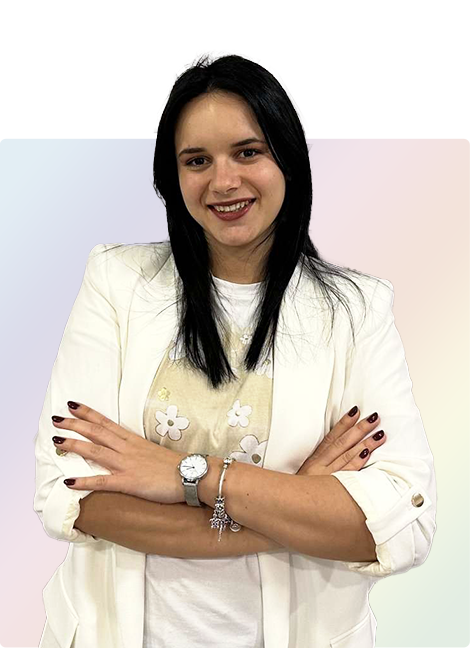
Milica Marinković is a software developer and team lead at RT-RK, Teaching Assistant at the Department of Computing and System Control at the University of Novi Sad, Faculty of Technical Sciences, and Instructor at NIT Institute.
Milica received the BSc and MSc degrees in electrical and computer engineering from the Faculty of Technical Sciences, University of Novi Sad, Serbia in 2017 and 2018, respectively. She is currently pursuing her PhD at the same institution, focusing on research related to cloud computing, authentication and authorization methods, and the use of MQTT protocol in IoT systems.
Milica is also actively engaged in academia, serving as a Teaching Assistant at the Department of Computing and System Control at the University of Novi Sad, Faculty of Technical Sciences. In this role, she was involved in various courses, including digital and computer system design, Embedded Linux on the Raspberry PI platform, Android application development, design of algorithms, and more.
Furthermore, Milica is an Instructor at the NIT Institute, where she imparts her knowledge in courses of Python programming and Embedded Linux on the Raspberry PI platform.
References
M. Matić, M. Tucić, M. Antić, R. Pavlović, “Using online third party geolocation services to improve smart home user experience,” Serbian Journal of Electrical Engineering vol. 17, no. 1, pp. 83-94, Feb. 2020
M. Antić, I. Papp, S. Ivanović and M. Matić, "Learning From Smart Home Data: Methods and Challenges of Data Acquisition and Analysis in Smart Home Solutions," in IEEE Consumer Electronics Magazine, vol. 9, no. 3, pp. 64-71, 1 May 2020, doi: 10.1109/MCE.2019.2955150.
M. Matić, M. Antić, S. Ivanović and I. Papp, "Scheduling messages within MQTT shared subscription group in the clustered cloud architecture," 2020 28th Telecommunications Forum (TELFOR), Belgrade, Serbia, 2020, pp. 1-4, doi: 10.1109/TELFOR51502.2020.9306661.
M. Matić, M. Antić, I. Papp and S. Ivanović, "Optimization of MQTT Communication Between Microservices in the IoT Cloud," 2021 IEEE International Conference on Consumer Electronics (ICCE), Las Vegas, NV, USA, 2021, pp. 1-3, doi: 10.1109/ICCE50685.2021.9427602.
M. Matić, S. Ivanović, M. Antić and I. Papp, "Health Monitoring and Auto-Scaling RabbitMQ Queues within the Smart Home System," 2019 IEEE 9th International Conference on Consumer Electronics (ICCE-Berlin), Berlin, Germany, 2019, pp. 380-384, doi: 10.1109/ICCE-Berlin47944.2019.8966229.
M. Matić, I. Stefanović, U. Radosavac and M. Vidaković, "Challenges of integrating smart home automation with cloud based voice recognition systems," 2017 IEEE 7th International Conference on Consumer Electronics - Berlin (ICCE-Berlin), Berlin, Germany, 2017, pp. 248-249, doi: 10.1109/ICCE-Berlin.2017.8210640.
Courses
This course introduces Python programming, aimed at attendees with prior experience in programming in any other programming language.
Starting from the basics, get introduced to the basic programming constructs and data types in Python language, with the focus on processing collections of data, where Python is very powerful. The course covers procedural and object-oriented paradigms. Fundamentals of testing the programming solutions are also covered. At the end of the course, your instructor will show you examples of unit testing and multiprocessing in Python.
Course topics:
- Orientation
- Basic programs in Python 3.x: Basic procedural programs; overview of basic data types in Python; basic syntax of conditional statements and loops.
- Python data collections: Lists, dictionaries, tuples, sets.
- Functions, modules and packages: Writing and using functions, modules and packages; using files; handling input arguments.
- Lambda and regular expressions: Basic lambda expressions and regex usage; functional programming
- Object-oriented programming 1: Writing and using Python classes; basic object-oriented programs in Python, encapsulation, operator overloading
- Object-oriented programming 2: Inheritance, exceptions, debugging; more complex OOP exercise
- Unit testing in Python: Fundamentals of testing Python programs; writing test classes with unit tests
- Project
Requirements
Software: Python IDE ( e.g Visual Studio Code with Python extension).
Hardware: Computer with an Internet connection, working speakers, and microphone.
Prior knowledge: Basic programming experience in procedural and object-oriented programming in Python or any other programming language.

